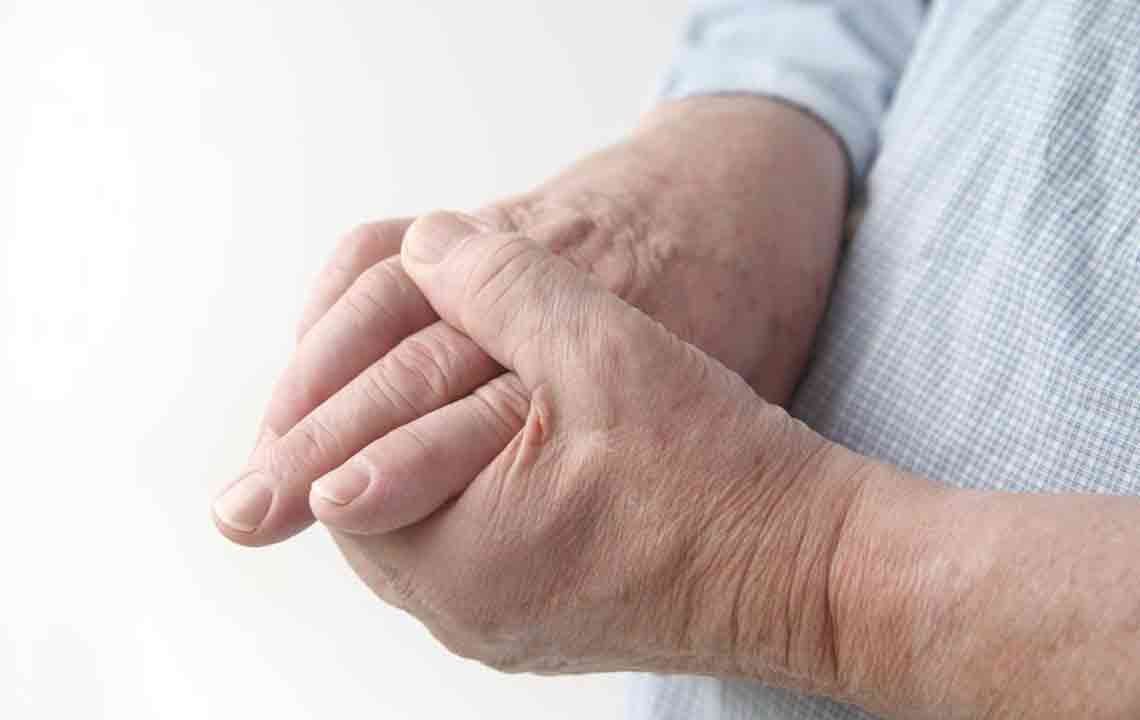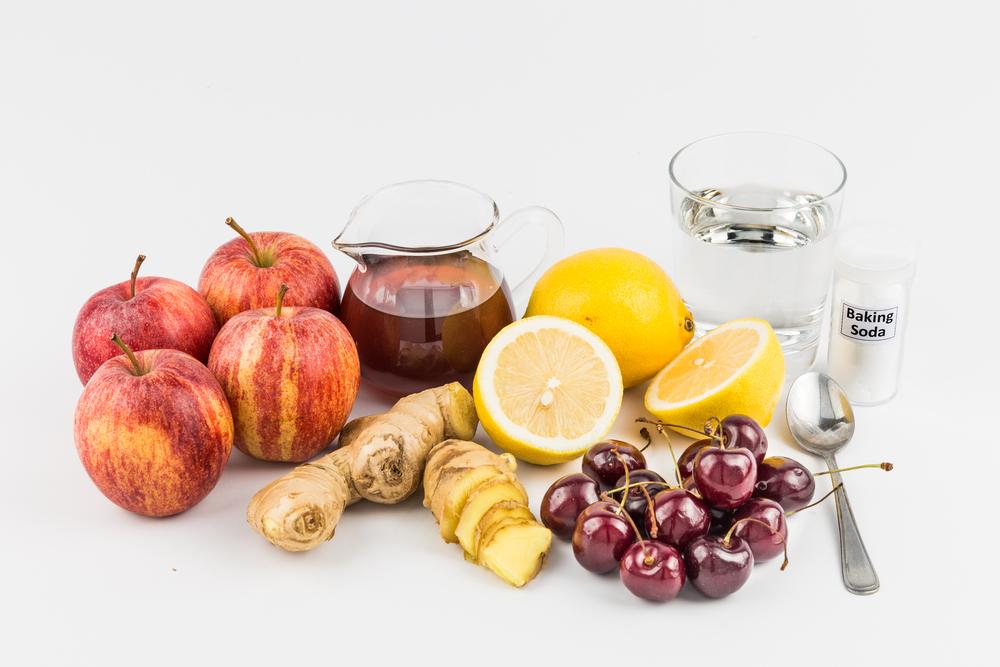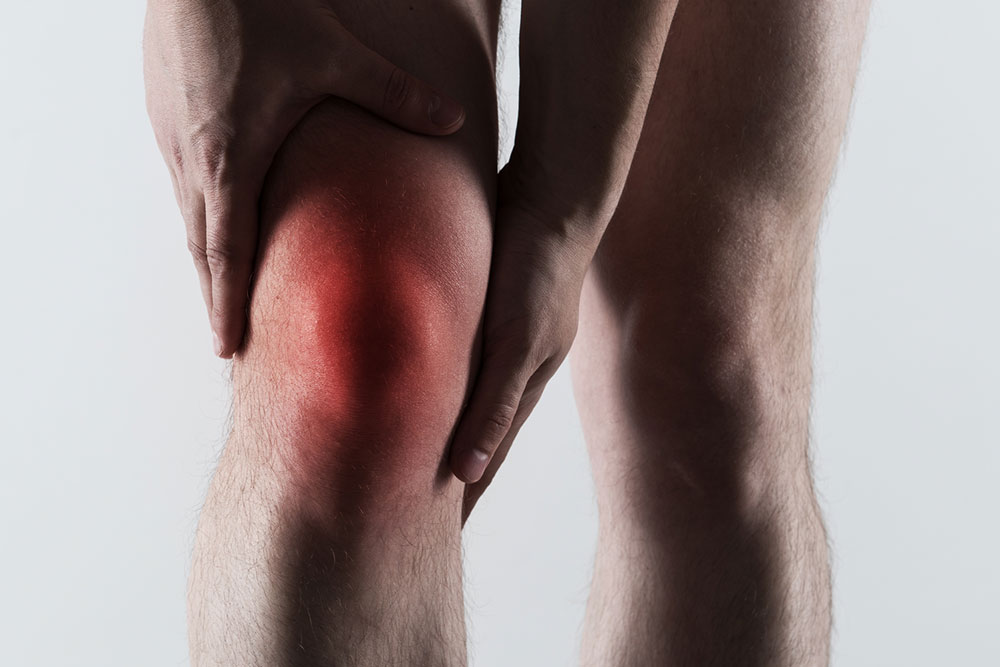Comprehensive Guide to Managing and Alleviating Gout Joint Pain Naturally and Medically
This comprehensive guide explores effective strategies for managing gout joint pain through medical treatments, natural remedies, and lifestyle modifications. It emphasizes the importance of hydration, dietary adjustments, and natural anti-inflammatory foods like cherries and blueberries to reduce flare-ups and protect joint and kidney health. Combining these methods can significantly enhance quality of life for individuals with gout, helping them achieve better symptom control and prevent long-term complications.

Comprehensive Strategies for Managing Gout Joint Discomfort and Preventing Flare-Ups
Gout is a form of inflammatory arthritis that typically affects the joints, especially in the feet and toes, causing intense pain, swelling, and redness. For many individuals, gout-related joint pain can be debilitating, significantly affecting daily life and overall well-being. Managing gout effectively is essential not only for reducing discomfort but also for preventing long-term joint damage and protecting kidney health. While gout is a chronic condition with no permanent cure, proper management and lifestyle adjustments can markedly improve quality of life and reduce the frequency and severity of flare-ups.
There are primarily two approaches to managing gout: medical treatments prescribed by healthcare professionals and natural remedies that can complement these treatments. In many cases, patients find the best results by combining both methods to achieve sustained relief and prevent recurrent episodes. Consistent management is vital because if left untreated or poorly controlled, gout can cause joint destruction over time and potentially lead to kidney complications due to uric acid crystal buildup.
Understanding how to manage gout involves grasping its underlying causes, recognizing early symptoms, and adopting effective strategies that include medication, diet modifications, and natural therapies. This comprehensive approach helps control symptoms, minimize attacks, and promote overall joint and kidney health.
After diagnosis, healthcare providers often recommend medications such as allopurinol, which helps lower uric acid levels in the blood—a key factor in gout development. However, it's important to understand that gout cannot be cured permanently, and attacks may recur periodically despite medication. Long-term medication use can sometimes lead to side effects like skin rashes, headaches, gastrointestinal discomfort, or other adverse reactions. Consequently, many patients seek natural remedies to enhance symptom relief and reduce reliance on pharmaceuticals.
Here are several proven strategies that can help alleviate gout joint pain and improve management:
Step 1: Increase Your Hydration — Drinking at least 8 ounces of water mixed with half a teaspoon of baking soda six to eight times a day can help neutralize uric acid levels. It’s advisable to follow this practice alongside a low-sodium diet to prevent fluid retention and support kidney function.
Step 2: Incorporate Cherries Into Your Diet — Consuming 20 to 40 cherries daily has been linked to a reduction in gout attacks. Cherries contain powerful antioxidants and anti-inflammatory compounds that can naturally lower uric acid levels and decrease joint inflammation.
Step 3: Add Blueberries and Other Anti-inflammatory Fruits — Blueberries are rich in anthocyanins and antioxidants, which help combat inflammation. Regular intake of blueberries can contribute significantly to reducing gout discomfort and supporting joint health.
Beyond these steps, other natural remedies like consuming ginger, turmeric, or apple cider vinegar may aid in managing gout symptoms. It’s essential to consult with a healthcare professional before initiating any natural therapy, especially if you are on medication or have other health conditions.
In addition to dietary modifications, maintaining a healthy weight, avoiding purine-rich foods (such as red meats, organ meats, and certain seafood), and limiting alcohol intake are critical components of gout management. Regular exercise, appropriate rest, and stress management also contribute to better control of this condition.
In conclusion, managing gout effectively involves a combination of medical intervention and lifestyle changes. Natural remedies, when used appropriately, can enhance relief and reduce attack frequency, but they should complement, not replace, professional medical advice. Understanding your condition and adopting a proactive approach can help you lead a healthier, more comfortable life, free from the pain and limitations caused by gout.





